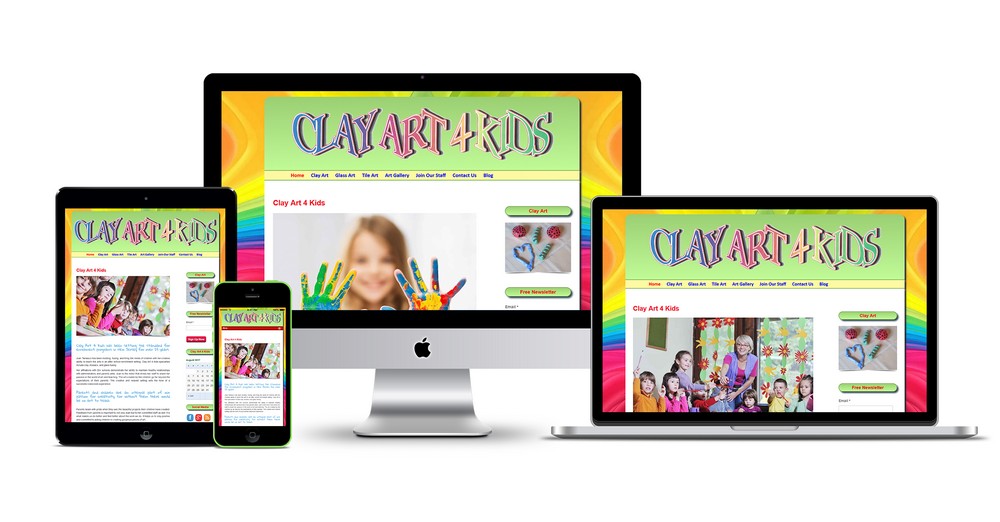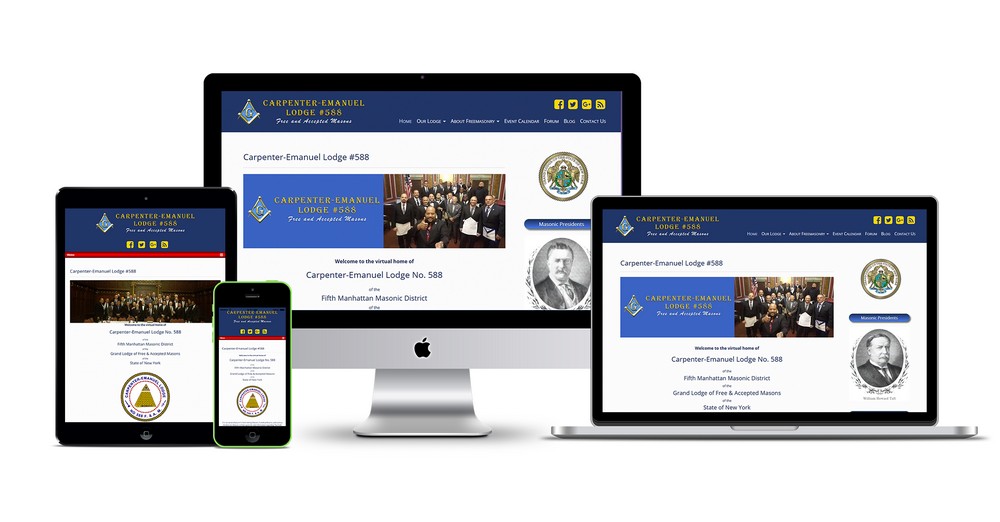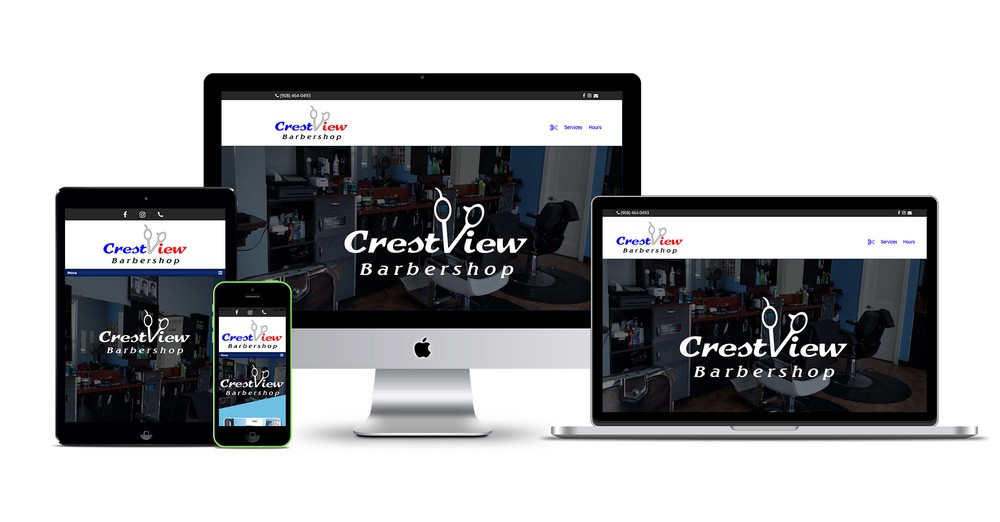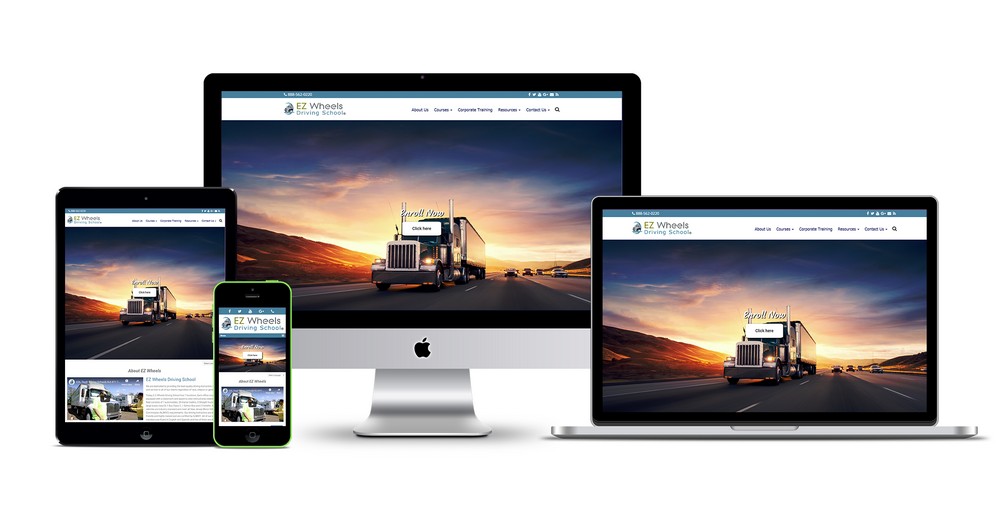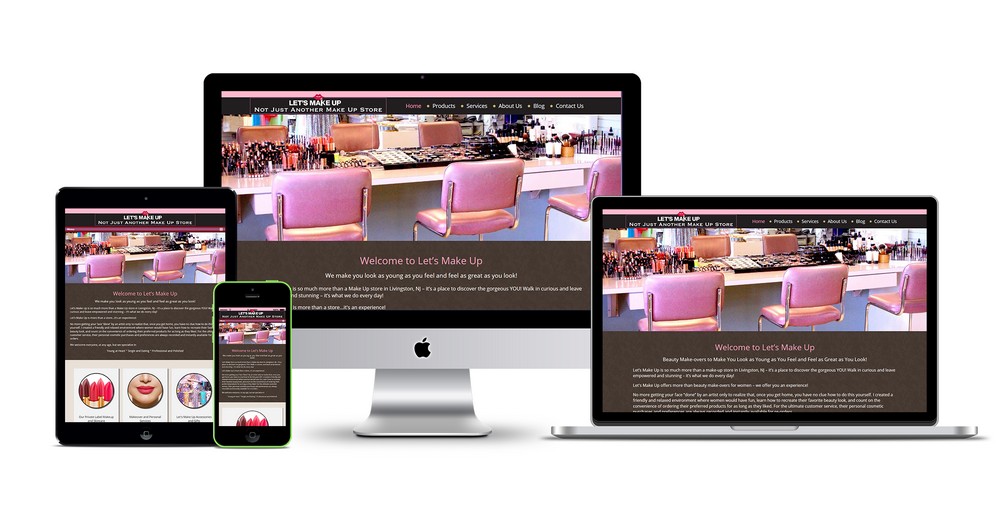In today’s digital age, having a strong online presence is crucial for businesses and individuals alike. A well-maintained website serves as a virtual storefront, representing your brand, conveying information, and engaging with your audience. However, just like any physical space, your website needs regular attention and updates to remain relevant, functional, and appealing. The question that often arises is: How often should you update your website, and why is it important? In this article, we delve into this topic to provide you with insights and guidance for effective website maintenance.
The Frequency Conundrum: Finding the Right Balance
The frequency of website updates can vary widely depending on the nature of your website, your goals, and your available resources. While there’s no one-size-fits-all answer, here are some guidelines to consider:
1. Content Updates
Content is the backbone of your website. Regularly updating your content keeps your audience engaged, attracts new visitors, and encourages search engines to crawl your site more frequently. Aim to update your blog, news section, or other relevant content at least once a week. This could include publishing new articles, case studies, success stories, or any other content that resonates with your audience.
2. Design and Layout
Visual appeal matters. If your website’s design and layout have started to look outdated or cluttered, it’s time for a refresh. This doesn’t mean a complete overhaul; small tweaks, such as updating images, fonts, and color schemes, can make a significant difference. Major design updates might be needed every 1-2 years to keep up with design trends and user expectations.
3. Software and Security Updates
Regularly updating your website’s software, plugins, and security patches is crucial to protect against potential vulnerabilities and security breaches. Set aside time for these updates on a monthly basis, or more frequently if security threats arise.
4. SEO Enhancements
Search engine algorithms change regularly. To maintain your search ranking and visibility, you should update your SEO strategies accordingly. This might involve keyword research, meta tag optimization, and ensuring your content aligns with the latest SEO best practices. Quarterly reviews are a good starting point for these updates.
The Importance of Regular Updates
Now that we’ve discussed how often you should update your website, let’s explore why these updates are so vital:
1. User Experience (UX)
An outdated website with broken links, slow loading times, and poor navigation can drive visitors away. Regular updates ensure a smooth and enjoyable user experience, encouraging visitors to explore further and increasing the chances of conversion.
2. Search Engine Visibility
Search engines favor fresh and relevant content. Regular updates signal to search engines that your website is active and up-to-date, leading to better indexing and higher search rankings.
3. Audience Engagement
Keeping your content fresh and interesting encourages repeat visits. Engaging content, such as blog posts, videos, and infographics, can lead to increased social shares, comments, and interactions.
4. Security
Cyber threats are ever-evolving. Regular software and security updates safeguard your website and user data against potential breaches, protecting your reputation and credibility.
5. Adaptation to Trends
Market trends, user behaviors, and technology evolve rapidly. Regular updates allow you to adapt to these changes and incorporate new features, ensuring your website remains relevant and competitive.
Conclusion
In the dynamic digital landscape, regular website updates are not just advisable; they’re essential. The frequency of updates depends on various factors, including content, design, security, and SEO. By striking the right balance and maintaining a consistent update schedule, you can provide a seamless user experience, enhance your search engine visibility, engage your audience, and safeguard your website against security threats. Remember, your website is a reflection of your brand, and keeping it fresh and current demonstrates your commitment to excellence in the virtual world.










